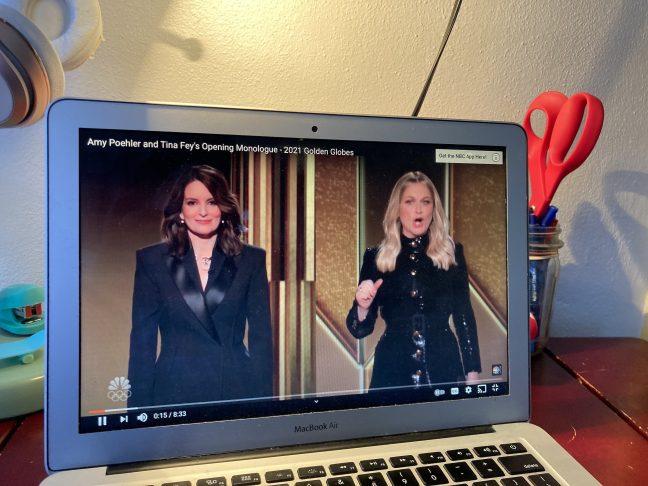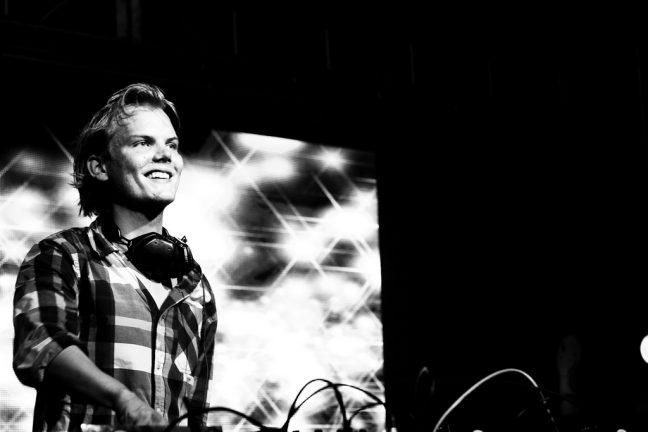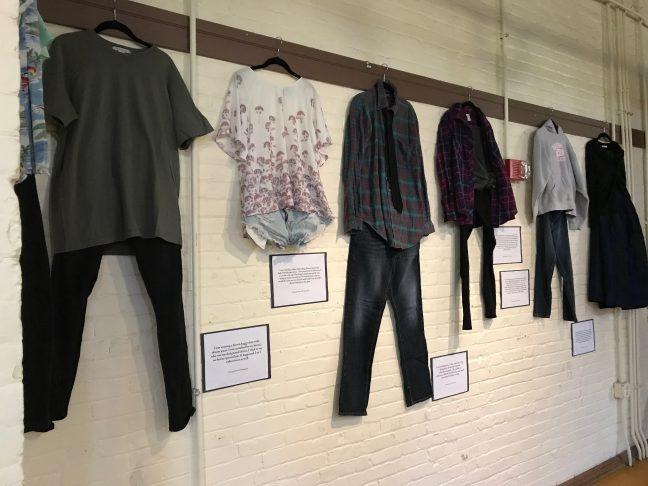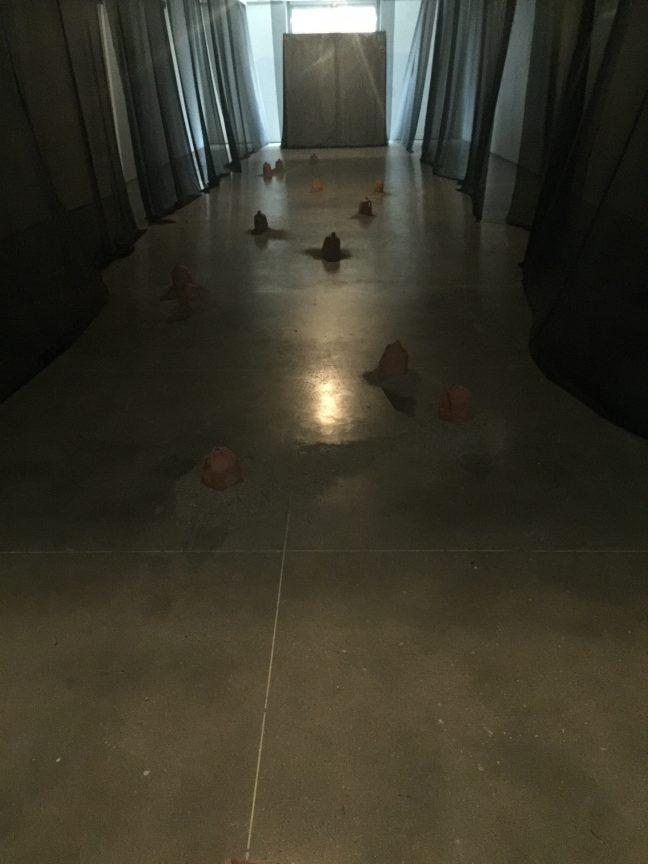As I sat in lotus in my skintight pants and Lululemon tank (which showcased my triceps that had been toned from countless Vinayasa flows), I felt anything but Zen. Feeling anxious, I had to wonder: Had my yoga practice, which had once been the activity I turned to for clarity, devolved into a statement about my personal worth?
I wondered if other yogis struggled with body image and low self-esteem, so I turned to my Kaivalya Yoga Studio instructor Jules Wolf Stenzel for answers. Jules has lived in Chicago, San Francisco and Santa Cruz, Calif., and has been teaching yoga at multiple Madison locations since 2005. I wanted to know from a teacher’s perspective if yoga had become just another outlet for young adults to compete with each other, and I looked to Jules to see if the practice had led my fellow yogis to strive for the unrealistic expectation of achieving both physical and spiritual perfection.
BH: What made you decide to try yoga at such a young age?
JWS: I did a home practice until I was in my 20s; I didn’t have the body awareness to come out and be a very curvy female in our society. People just stare at you. At age 13, I started hiding (my body). When I started going to classes, it really opened up my eyes. I noticed that all of the teachers were different body shapes, but there was a sense of ease in the way they moved. They looked like they felt good in their bodies. That was what appealed to me.
BH: What role does yoga play in the lives of University of Wisconsin students?
JWS: I think that [yoga] has shifted into a younger bunch of people within in the past five years. Everyone does it. Everyone has their yoga mat. People come up to me more and more and say, “Oh I should do yoga.” Well, why? And they say because everyone’s doing it. But don’t you want a better reason?
BH: Do you think college students are provided with the same opportunity to use yoga as a tool for self-acceptance? Or does competition between students and studios get in the way?
JWS: [Competition] is another shift between the West Coast and what I have seen here. Here, there is a lot of “Oh, I go to yoga because it’s cool.” I see that on the West Coast too, but there, once you get into the classroom situation, people stop comparing themselves to each other. Here, the way classes are structured, people think “I can’t back off. If that person is pulling their foot way up high; I better pull my foot way up high too.” They don’t think about what really hurts.There is a lot of competition to look a certain way but no consideration for what the body really needs.
BH: Has the commercialization of yoga created an unnecessary pressure to appear as if you live a “yogi’s lifestyle?”
JWS: [If you buy into] the yoga lifestyle rather than really understand it, yoga becomes just another form of escapism. If you are really doing a full yoga practice, you notice where you are limited, and you try to be honest about that. [You think] “Gee my left leg doesn’t open up like hers. And I am going to sit with that and breath into that place.” [When we do that] emotions come up around body image – we feel emotionally insecure (because) we just want to look like we are doing (yoga). But if you can accept that your poses are either very small or very big, that’s how you can know a little more about yourself.
This interview was edited and condensed.













